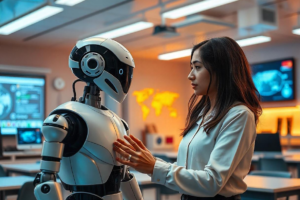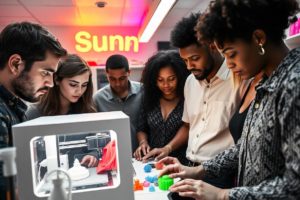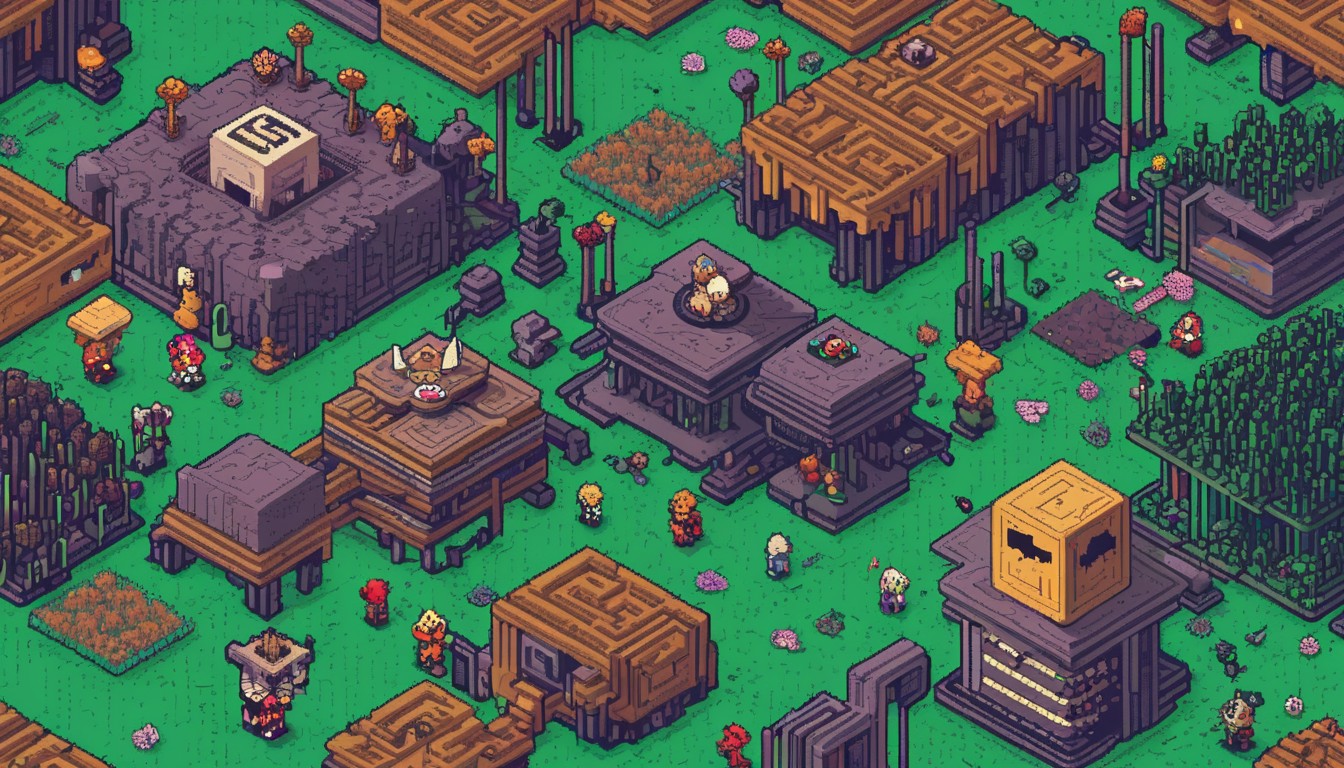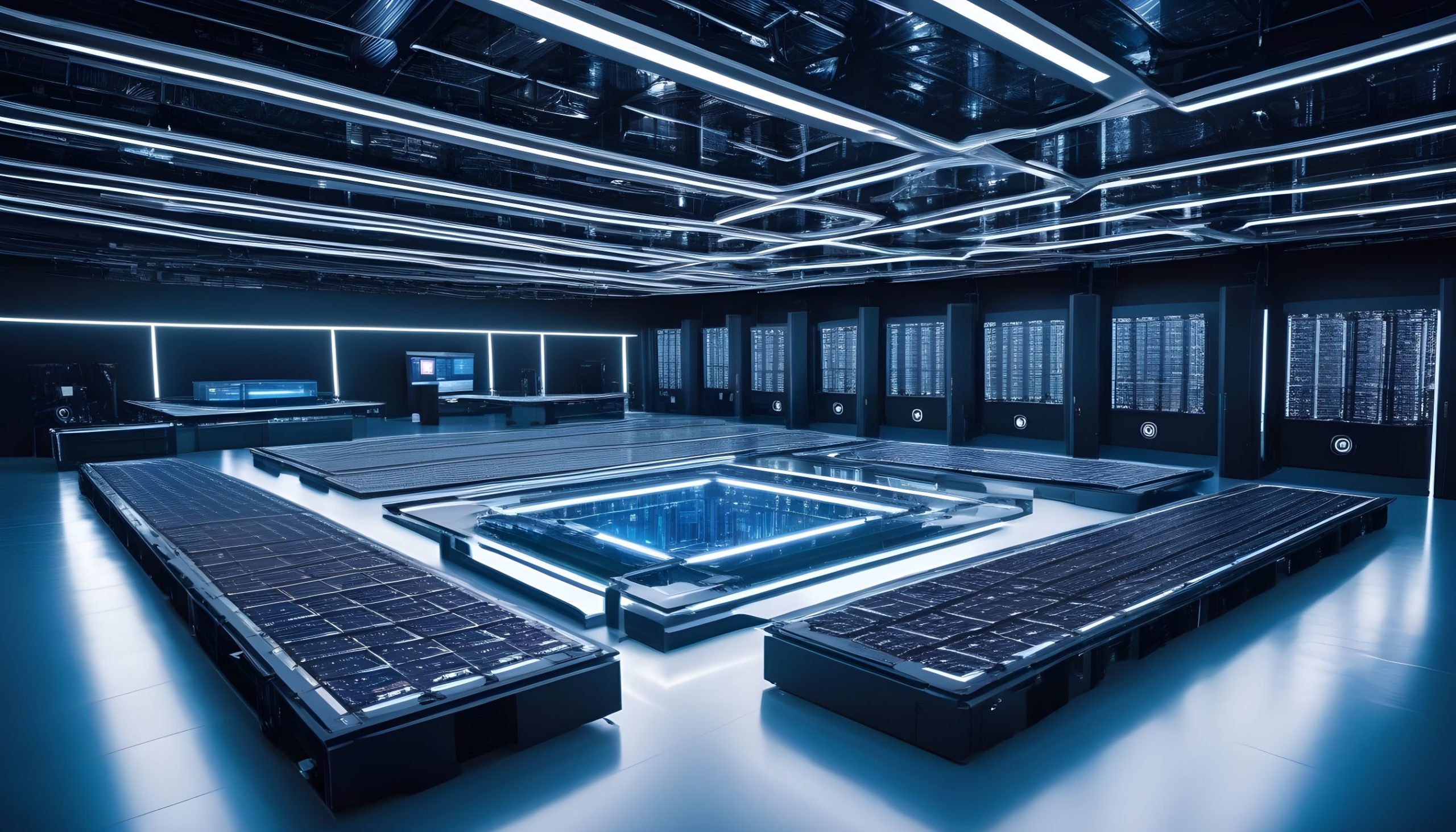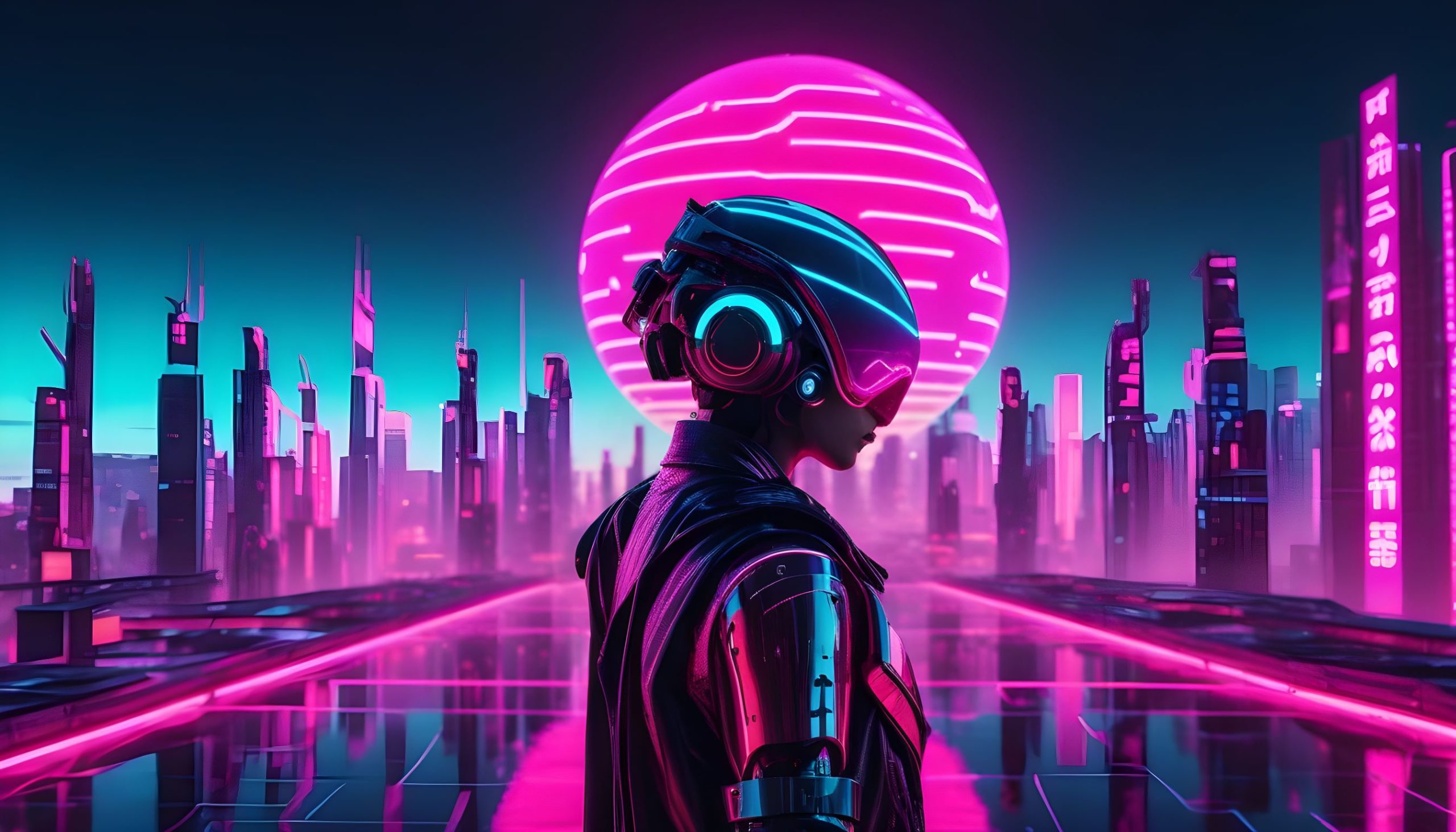Emerging technologies like blockchain-based decentralization and artificial intelligence (AI) are on a trajectory to significantly disrupt society. As an everyday citizen trying to make sense of rapid change, you may wonder – will these technologies collaborate to make our lives better or compete for control over our digital futures?
On one hand, decentralization promises to distribute power, while AI concentrates it. This article aims to decode the implications of their convergence in relatable terms. Exploring the opposing forces at play illuminates how they could become either symbiotic partners or rivals jostling for supremacy – with us caught in between.
What Does Decentralization Do for Me?
Think of decentralized tech like blockchain as a global coordination system for strangers to exchange value without centralized control or intermediaries. This removes single points of failure vulnerable to attacks, outages, or misconduct. Records stay transparent yet secure through advanced cryptography. No government or company calls the shots so applications resist censorship.
I see decentralization giving power back to individuals and communities rather than institutions. It lets us self-organize around fair rules and incentives we choose by aligning technology with consensus beliefs. Whether interacting socially, exchanging money, validating credentials, or accessing services – there’s less reliance on fallible hierarchies and legal contracts. Problems can be resolved publicly with reduced corruption.
What Does AI Currently Do Well?
AI already touches our lives daily – recommendation engines, voice assistants, facial recognition, and language translation tools leverage machine learning algorithms. Rather than explicitly programming complex behaviors, AIs “learn” by processing training data to predict patterns and make decisions aligned with encoded goals. State-of-the-art AIs still only excel at narrow applications but expand quickly as computational power grows exponentially.
Here’s Where Tension Arises
There’s dissonance between decentralization redistributing authority outwards and AI inherently concentrating skills inwards by design. You see, AI models strengthen through digesting more training data and computing resources. This directly conflicts with decentralization trying to constrain any one entity from amassing excessive influence.
Unchecked AI also optimizes too aggressively which reduces system flexibility to cope with change. Remember those early pandemic supply chain meltdowns? Fragility lurks latent in ultra-efficient yet brittle designs unable to handle shocks. We risk declining resilience from excessive optimization of complex global systems.
Additionally, AI depends heavily on our data for advancement while businesses monetize insights for free. This entrenches data monopolies as AI fuels services generating more data and profits – all without us seeing tangible value. Network effects stem from our information yet returns flow elsewhere.
What’s The Middle Way Here?
Rather than repeat historical cycles of innovation and consolidation, we might thoughtfully integrate opposites. Blend decentralization’s accountability and participant ownership with AI’s potential for knowledge and automation. This harnesses respective strengths while mitigating limitations through purposeful design and oversight.
Align incentives towards transparency so insights get applied ethically rather than extracted secretly at scale. Decentralized data unions allow people to securely share information to better train AI if we earn rewards based on voluntary attention given. Enlightened intelligence need not compromise autonomy.
Ensure developments distribute economic influence outwards as adoption grows rather than deepen winner-take-all effects. Technical shortcutting led us to the current over-centralized internet. This time we can get governance and technology rights aligned with community interests from the start and sustainably.
Progress must empower and enlighten. The futures being built shape coming generations with us inside. So, we ought to check any myopic forces concentrating power or compromising human dignity – even from brilliance. Our shared digital evolution awaits possibilities conceivable only through symbiotic imagination.




